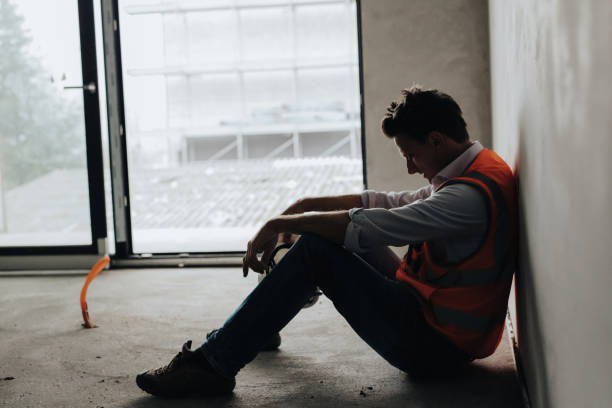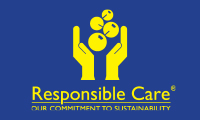Despite the end of lockdowns and the easing of Covid-19 restrictions, the construction industry is still in crisis, this year’s MATES in Construction Wellbeing Survey finds

Respondents are reporting similar or higher levels of anxiety and suicidal ideation compared to last year and lower levels of resilience when it comes to managing stress.
While it is positive that we have not seen a significant increase in the wellbeing issues experienced by those working in our industry since the arrival of the Omicron variant, the results do demonstrate that we have significant work to do to support our most important asset – our people – to ensure that their mental health is adequately supported while they are at work.
YEAR ON YEAR INSIGHTS
- In 2021, 43% of respondents reported that their mental health had been worse than usual and in 2022, this increased to 47%.
- Problems and areas of concern remained fairly stable between the two survey periods. For example, in 2021, 65% of respondents reported feeling down depressed or hopeless in the four-month period and in 2022, this increased slightly to 66%.
- There was an increase in the percentage of respondents who advised that the last 12-months had been the most difficult time of their life, from 38% in 2021, to 41% in 2022.
- There was a reduction in the percentage of participants who felt like they could manage stress most of the time, from 79% in 2021, to 74% in 2022.
- The percentage of respondents who reported seriously thinking about ending their own life in the four-month period increased from 4.5% in 2021, to 5.5% in 2022.
- The percentage of respondents who had made a plan or an attempt to end their own life was the same in 2021 and 2022 at about 1.5%.
- Unsurprisingly, the percentage of respondents who reported having to go into managed isolation increased from 13% in 2021, to 51% in 2022.
- The proportion of respondents who reported feeling uncomfortable thinking about COVID-19 and who could not sleep because they were worried about getting COVID-19 remained more or less the same over the two periods (less than 5% in 2021 and 2022).
WORK LIFE & WORK LOCATION INSIGHTS
- 56% of respondents reported working onsite, 34% worked in an office and 9% reported working offsite.
- Two out of every ten respondents reported feeling dissatisfied or very dissatisfied with their work life over the last four months.
- 39% of onsite staff agreed that the last 12 months had been amongst the most difficult times of their lives. This was slightly higher in office-based staff at 43%.
- There was a decrease in the percentage of respondents that reported being satisfied with their work life over the last four months – onsite (80% satisfied), office-based (68% satisfied).
- The responses were too low to draw conclusions about suicidal ideation in relation to work type, however we can see that the majority of respondents who reported seriously thinking about taking their own life were site-based workers and that this group had the highest proportion of people who answered yes to this question.
- Those who work offsite and in an office, reported that their employers checked in on their wellbeing more often than their site-based counterparts. Almost half of all office-based respondents said that their employer checked in on them more than once a week – for on-site workers this was just over 25%. Around 30% of site-based workers reported that their employer didn’t check-in on them at all during their isolation period.
GENERAL WELLBEING INSIGHTS
- Respondent reports of mental health at the time of taking the survey was positively correlated with age. Those in higher age brackets reported excellent, or very good mental health, at the time of taking the survey than those in lower age brackets.
- The top-5 areas of concern for respondents were: (1) Physical Health, (2) Sleep, (3) Time for Self-Care, (4) Relationship and, (5) Worries about Job-Loss.
- A majority of respondents reported key concerns being an issue in the last four months. 74% reported having little interest in things that they normally like doing, 66% reported feeling down/depressed/hopeless, 88% reported feeling tired and having little energy.
- 41% of respondents reported that the last 12-months have been among the most difficult times of their life.







